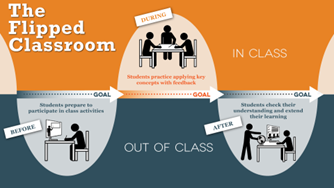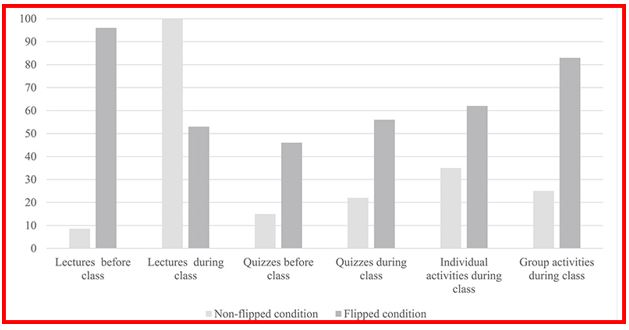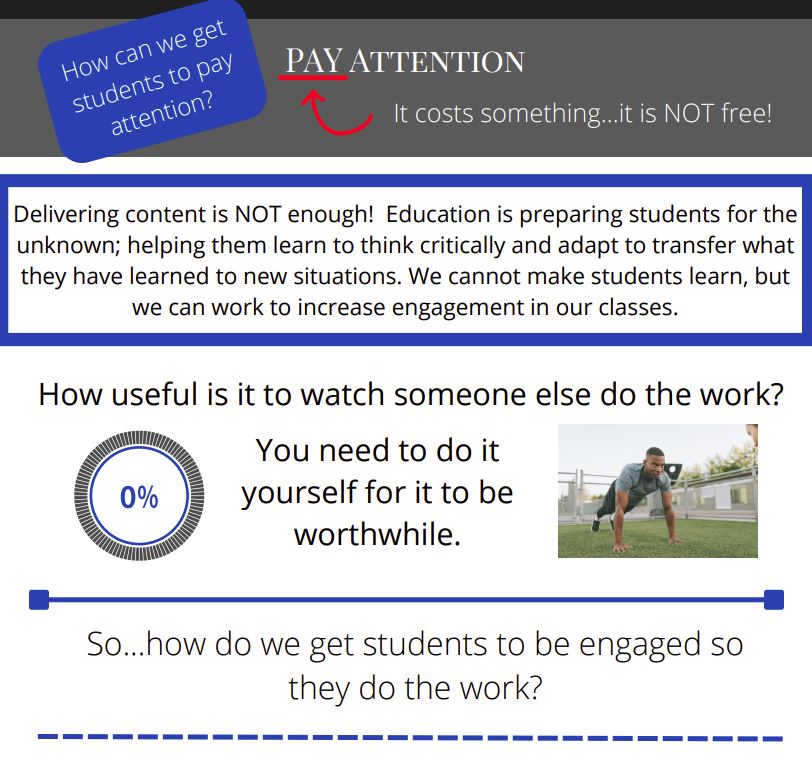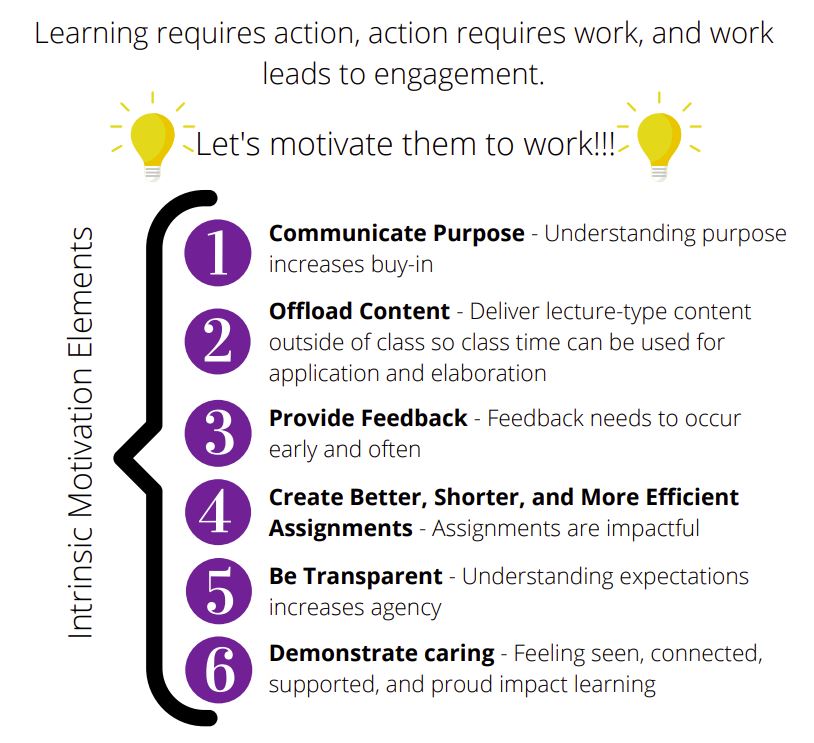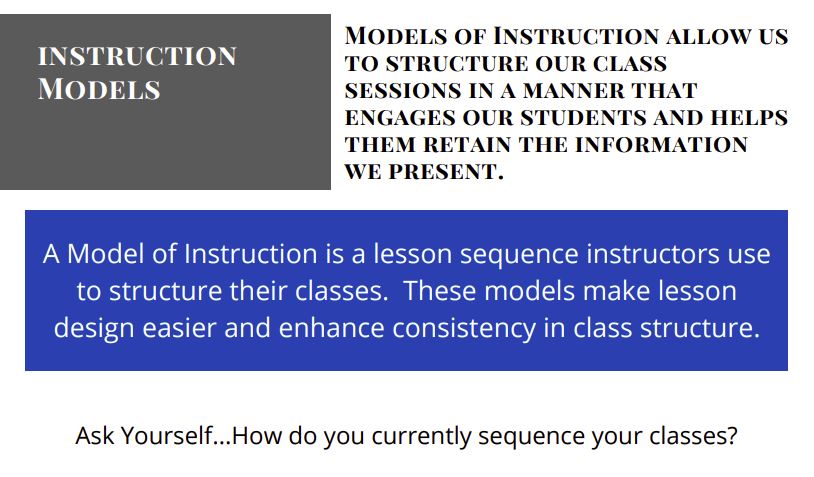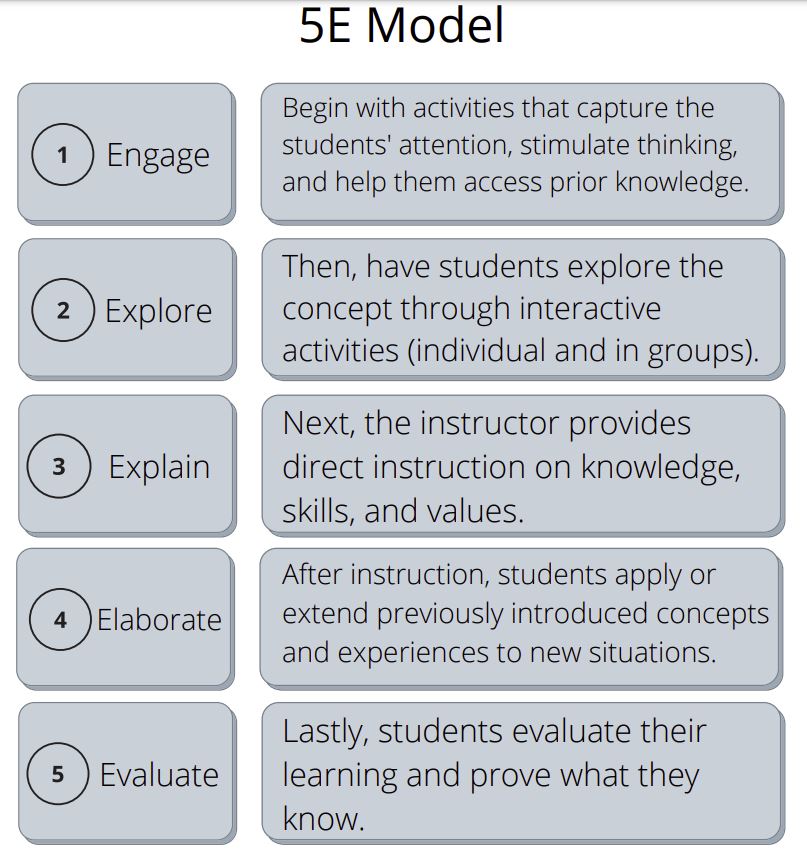
Bit #6 – Find an Accountability Partner
Did you know that people with accountability partners are 85-95% more likely to accomplish their goals? The same goes for writing goals. You will only hold yourself accountable for goals that others know about. Tell someone what you are up to.
For this week, if you do not already have an accountability partner, find one (or two). Start each week by telling your accountability partner your goal for the week (specific, measurable goals – e.g., write for at least 20 minutes for five days this week, finish drafting my introductory paragraph, etc.), and end the week by checking in to share your progress: no judgment, very little extra work, great reward. Besides, almost everything is more fun with a friend.
If you need an accountability partner, let me know. I am always here.









